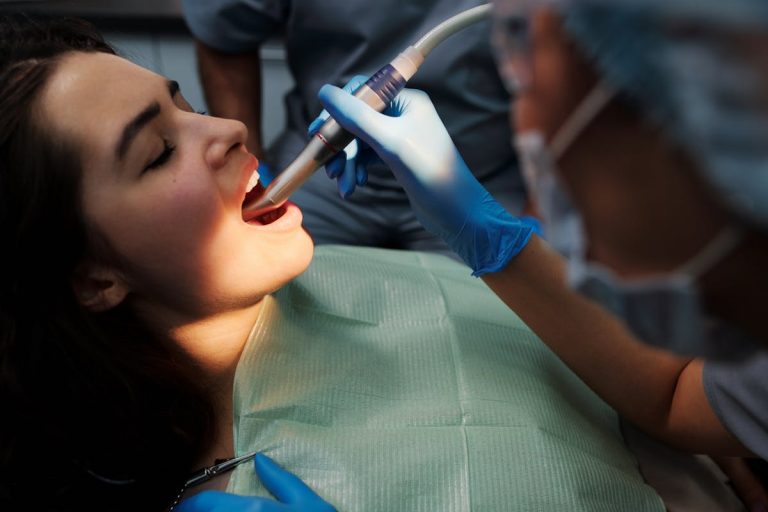One in five adults in the U.S. lives with mental illness, according to the National Institute of Mental Health. In 2017, this is equivalent to 46.6 million people, 11.2 million of whom have serious mental illnesses.
People with mental health conditions, no matter the degree of severity, can find it difficult to function properly at work. Combined with the stigma that still surrounds mental health, some people with mental illnesses have trouble sustaining employment.
Fortunately, people with mental health conditions don’t have to add difficulties at work to the many burdens they may already be carrying. The Social Security Administration (SSA) classifies mental disorders as disabilities, allowing people diagnosed with it to get disability benefits.
Qualifying for Disability Benefits with Mental Health Conditions
 The SSA uses the “Blue Book,” a colloquial term for their own medical guide on determining whether disability applicants are impaired enough to receive benefits. Section 12 of the Blue Book outlines which mental disorders qualify and what these disorders must satisfy to make a person eligible.
The SSA uses the “Blue Book,” a colloquial term for their own medical guide on determining whether disability applicants are impaired enough to receive benefits. Section 12 of the Blue Book outlines which mental disorders qualify and what these disorders must satisfy to make a person eligible.
Currently, 11 mental health conditions are listed, which are:
- Neurocognitive disorders
- Schizophrenia spectrum and other psychotic disorders
- Depressive and bipolar disorders
- Anxiety and obsessive-compulsive disorders
- Personality and impulse-control disorders
- Intellectual disorder
- Autism spectrum disorder
- Neurodevelopmental disorders
- Trauma and stressor-related disorders
- Eating disorders
- Somatic symptom disorders
Each of these disorders is evaluated by its unique criteria. For a person suffering any of these conditions to qualify for disability benefits, they must meet the criteria for that mental illness or show that it completely hinders them from engaging in tasks needed for any job.
For example, if a person experiences depression, they must satisfy at least five of the following symptoms with medical documentation as proof:
- Depressed mood
- Decreased interest in many activities
- Changes in weight and/or appetite
- Changes in sleeping pattern
- Low energy
- Psychomotor agitation or fidgeting
- Feelings of guilt or worthlessness
- Difficulty in focusing or thinking
- Suicidal ideation
In addition, a person applying for disability benefits for depression must show evidence of “extreme limitation of one, or marked limitation of two” of these areas of malfunctioning:
- Understanding, remembering, or applying information
- Interacting with coworkers, supervisors, and the public
- Concentrating on work activities
Managing emotions or maintaining well-being in the workplace
Applicants with temporary disorders, like seasonal affective disorder, are not likely to be approved. One of the SSA requirements is for the disability, which in this case is a mental disorder, to affect them in a way that they will be out of work for at least 12 months. Applicants must present medical evidence that they have tried to receive treatment to no avail or are currently in the process of receiving treatment for their mental disorder.
Applying for an SSA disability claim can be done from the comfort of an applicant’s home or with the help of an attorney. According to the National Alliance on Mental Health, if approved, the amount that the applicants can receive depends on how many assets they have, if they have a spouse, and how much FICA taxes they have already paid.
With the approval of SSA disability claim for mental disorders, applicants can focus on their health and recovery.






